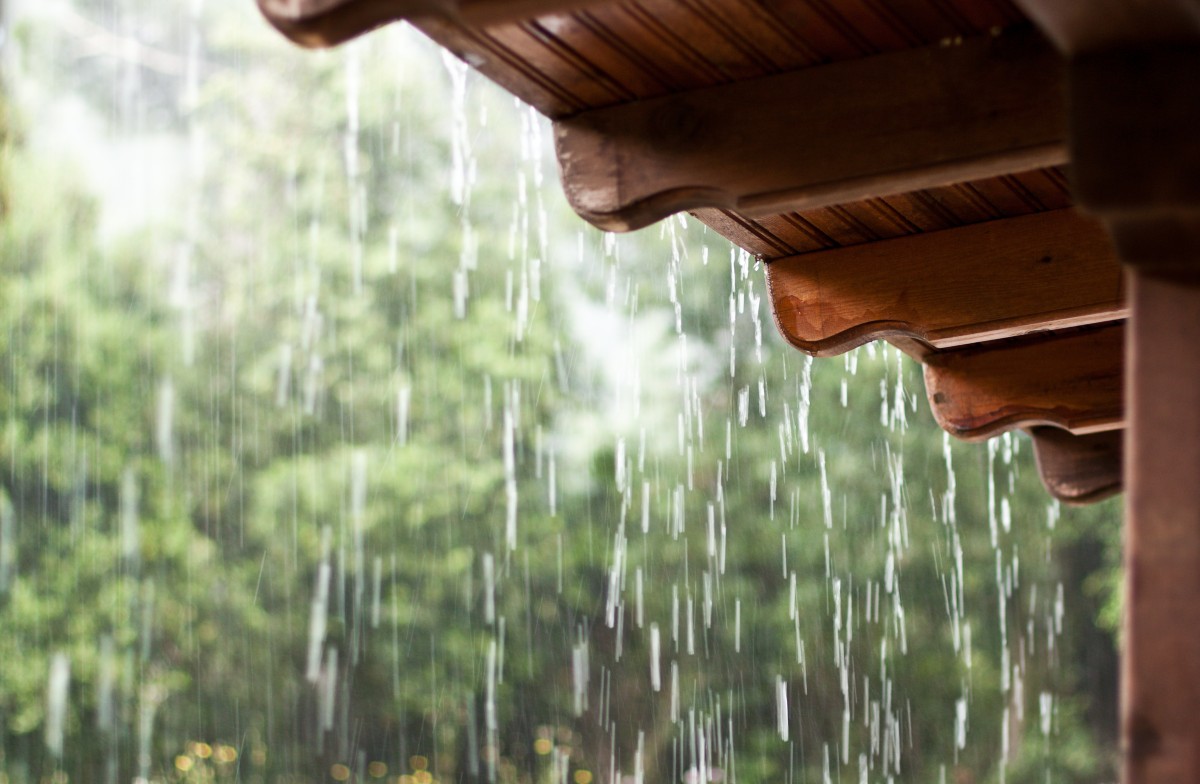

Articles
What Happens If You Don’t Have Gutters
Modified: October 18, 2024
Discover the consequences of not having gutters on your home. Read our informative articles to learn why gutters are essential for protecting your property from water damage.
(Many of the links in this article redirect to a specific reviewed product. Your purchase of these products through affiliate links helps to generate commission for Storables.com, at no extra cost. Learn more)
Introduction
Gutters may seem like a minor component of a house, but their importance should not be underestimated. These narrow channels play a vital role in protecting your home from water damage. They are designed to collect rainwater and direct it away from the foundation and other vulnerable areas. Unfortunately, many homeowners overlook the significance of gutters and neglect to install or maintain them properly.
In this article, we will explore the potential problems that can arise when you don’t have gutters or fail to maintain them. From foundation damage to basement flooding, the consequences of not having gutters can be significant and costly. Understanding these potential issues can help homeowners realize the importance of having functional gutters and act accordingly.
So, let’s dive into the potential problems of not having gutters and the impact they can have on your home.
Key Takeaways:
- Gutters are crucial for preventing water damage to your home’s foundation, preserving landscaping, and safeguarding against basement flooding. Regular maintenance and proper installation are essential for protecting your home.
- Neglecting gutters can lead to a range of issues, including damage to exterior walls, leaking roofs, and the growth of mold and mildew. Investing in functional gutters and regular maintenance is crucial for protecting your home from costly repairs.
Read more: What Happens To Grass If You Dont Cut It
Importance of Gutters
Gutters are an essential part of your home’s drainage system. They serve the crucial role of collecting rainwater that falls on your roof and redirecting it away from your home’s foundation and other vulnerable areas. Here are a few key reasons why gutters are important:
- Preventing Water Damage: One of the primary functions of gutters is to prevent water from pooling around the foundation of your home. When rainwater isn’t properly directed away, it can seep into the ground and cause damage to the foundation, leading to cracks, shifting, and even structural issues. Gutters help protect your foundation from water damage by channeling water away.
- Preserving Landscaping: Without gutters, the rainwater from your roof would pour directly onto the ground, causing erosion and damaging your landscaping. Properly functioning gutters ensure that water is directed away from delicate plants, flower beds, and other features of your yard, preserving the overall aesthetics and health of your landscaping.
- Preventing Basement Flooding: If your home has a basement, a lack of gutters or improperly functioning gutters can lead to water seeping into the basement. This can result in costly water damage, mold growth, and a damp living environment. Gutters are instrumental in diverting rainwater away from the foundation, reducing the risk of basement flooding.
- Protecting Exterior Walls: When rainwater flows down the sides of your home without gutters, it can damage your exterior walls. Constant exposure to water can lead to discoloration, paint peeling, and even structural issues over time. Gutters help protect your exterior walls by directing rainwater away from them, preserving their integrity and appearance.
- Preventing Staining and Damage to Siding: Without gutters, rainwater can splash onto the siding of your home, causing staining, mildew, and other forms of damage. This can negatively impact the curb appeal of your home and may require costly repairs or cleaning. Gutters ensure that water flows harmlessly into the downspouts, preventing damage to your siding.
- Preserving the Roof: Excessive water flow from the roof without gutters can lead to water seeping into the roofing materials, causing leaks and premature deterioration. Gutters help collect rainwater and direct it away from the roof, reducing the risk of damage and extending the lifespan of your roofing system.
- Preventing Mold and Mildew Growth: Standing water around your home’s foundation can create a moist environment that is conducive to mold and mildew growth. Mold not only poses health risks but can also cause damage to your home’s structure. Gutters help prevent the conditions that promote mold and mildew growth by directing water away from your foundation.
- Preserving Walkways and Driveways: Without proper drainage, rainwater can accumulate on your walkways and driveways, leading to deterioration and potential safety hazards. Gutters help prevent water pooling, ensuring that your walkways and driveways remain in good condition for longer.
These are just a few of the reasons why gutters are important for the overall protection and maintenance of your home. By directing rainwater away from vulnerable areas, gutters play a crucial role in preventing extensive water damage and preserving the integrity of your home’s structure.
Problems of Not Having Gutters
While it may be tempting to overlook the importance of gutters, neglecting to install or maintain them properly can lead to a range of problems for your home. Let’s explore some of the potential issues that can arise when you don’t have gutters or fail to take care of them:
- Water Damage to Foundation: One of the most significant problems of not having gutters is the risk of water damage to your home’s foundation. Without gutters, rainwater can accumulate around the foundation, seeping into the soil and causing it to expand. Over time, this can lead to foundation cracks, shifting, and even structural issues in your home.
- Erosion of Landscaping: Without gutters to redirect water, rain runoff from your roof can cause erosion in your yard and landscaping. The force of the water can wash away soil, damage plants, and create unsightly ditches. This can diminish the aesthetics of your property and require costly repairs to restore your landscaping.
- Basement Flooding: When rainwater isn’t properly directed away from your home, it can accumulate around the foundation and seep into the basement. Basement flooding can lead to extensive damage to your belongings, create a breeding ground for mold and mildew, and compromise the structural integrity of your home. Gutters help prevent basement flooding by channeling water away from your foundation.
- Damage to Exterior Walls: Rainwater that cascades down the sides of your home without gutters can result in damage to your exterior walls. Constant exposure to water can lead to stains, cracks, peeling paint, and even rotting of the siding materials. Over time, this can require costly repairs and detract from the curb appeal of your home.
- Staining and Damage to Siding: Without gutters, rainwater splashes onto the siding of your home, causing staining and potential damage. Streaky stains and discoloration can degrade the appearance of your siding, requiring professional cleaning or replacement. Gutters help protect your siding by diverting rainwater into the downspouts and preventing it from directly hitting the siding.
- Leaking Roof: When rainwater isn’t properly channeled away from your roof, it can seep into the roofing materials, causing leaks and potential damage. Over time, this can lead to costly repairs or even require a full roof replacement. Gutters play a crucial role in collecting rainwater and directing it away from the roof, preventing water damage and prolonging the lifespan of your roof.
- Mold and Mildew Growth: The moisture caused by standing water around your foundation can create a damp environment that is ideal for mold and mildew growth. Mold not only poses health risks but can also cause structural damage to your home. By directing rainwater away from your foundation, gutters help prevent the conditions that encourage mold and mildew growth.
- Damage to Walkways and Driveways: Without proper drainage, rainwater can accumulate on walkways and driveways, leading to cracking, sinking, and deterioration. The excess moisture can weaken the concrete or pavement, resulting in costly repairs or replacements. Gutters help prevent water pooling, preserving the integrity and lifespan of your walkways and driveways.
These are just a few of the potential problems that can arise when you don’t have gutters or fail to take care of them. Investing in functional gutters and proper maintenance is crucial for protecting your home from water damage, preserving its structural integrity, and ensuring a safe and comfortable living environment.
Water Damage to Foundation
When your home lacks gutters or they are not properly installed or maintained, one of the most significant problems that can arise is water damage to the foundation. The foundation is crucial for the stability and structural integrity of your home, and excess water can wreak havoc on its integrity.
Without gutters, rainwater cascades off your roof and lands directly next to the foundation, saturating the soil around it. Over time, this can lead to various issues:
- Expanding Soil: When water seeps into the soil, it causes the ground to expand. This expansion exerts pressure on the foundation walls, creating cracks and compromising their stability. If left unaddressed, these cracks can worsen and lead to significant structural damage.
- Shifting Foundation: Excess water around the foundation can also result in soil movement and shifting. This can cause the foundation to sink or tilt, leading to uneven floors, wall cracks, and doors that stick or don’t close properly. Addressing foundation issues can be a costly and time-consuming endeavor.
- Basement Leaks: Water that saturates the soil can find its way into your basement through cracks, gaps, or porous walls. This can result in basement leaks, which can cause damage to your belongings, create a damp and musty environment, and promote the growth of mold and mildew.
Water damage to the foundation can have serious consequences, jeopardizing the structural stability of your home and requiring extensive and expensive repairs. It is crucial to ensure that gutters are properly installed and functioning to prevent water from pooling around the foundation.
Gutters collect rainwater from your roof and direct it away from the foundation through downspouts. This diverts water away from the immediate vicinity of the house, reducing the risk of water seepage into the soil and potential damage to the foundation. Regular maintenance, such as cleaning gutters and ensuring they are free from debris, is also essential to prevent blockages and ensure proper water flow.
By properly managing rainwater runoff, gutters provide a critical defense against water damage to the foundation. Investing in functional gutters can save you from costly foundation repairs down the line and help preserve the overall stability and longevity of your home.
Erosion of Landscaping
When your property lacks gutters or they are not effectively directing rainwater away from your home, one of the problems that can occur is the erosion of your landscaping. Erosion is the process of soil displacement caused by the force of water, and it can have a detrimental impact on the aesthetics and functionality of your yard.
Without gutters, rainwater from your roof will pour directly onto the ground, creating a concentrated flow of water. This forceful flow can wash away soil, damage delicate plants and flowers, and create unsightly ditches and gullies in your yard. Here’s how erosion can affect your landscaping:
- Soil Loss: The force of uncontrolled rainwater can wash away topsoil, which is rich in essential nutrients that support healthy plant growth. As the soil erodes, it becomes less fertile and less capable of supporting plants, resulting in weaker, stunted, or dying vegetation.
- Plant Damage: Erosion can strip away the protective layer of soil around the roots of your plants, exposing them to the elements. This can lead to root damage, dehydration, and ultimately, plant death. Additionally, the force of water can physically damage stems, leaves, and blooms, further compromising the health and appearance of your landscaping.
- Formation of Gullies: Gullies are deep channels that form as a result of concentrated water flow. As water cascades off your roof without gutters, it can create these gullies in your yard. Not only do gullies disrupt the aesthetics of your landscaping, but they can also cause water to pool, leading to further erosion and potential damage to nearby structures.
- Loss of Aesthetic Appeal: Erosion can leave your yard looking unattractive and unkempt. The loss of topsoil and damage to plants can result in patchy areas, barren spots, and an overall disheveled appearance. This can diminish the curb appeal of your home, impacting its value and the enjoyment of your outdoor space.
To combat erosion and protect your landscaping, it is crucial to have gutters installed and properly maintained. Gutters collect rainwater and direct it away from your home, preventing the heavy flow that causes erosion. By channeling water toward designated drainage areas or rain barrels, gutters help disperse the water more evenly, reducing the force and minimizing soil displacement.
In addition to gutters, employing other erosion control measures can further protect your landscaping. These may include installing retaining walls, strategically planting groundcover or shrubs to stabilize soil, and incorporating mulch to retain moisture and prevent erosion. Regularly inspecting and maintaining gutters is essential to ensure they are working optimally and keeping your landscaping safe from erosion.
By preventing erosion, gutters help preserve the beauty and functionality of your landscaping. They safeguard your investment in plants, flowers, and other features of your yard, ensuring that it remains an attractive and enjoyable space for years to come.
Read more: What To Use When You Dont Have A Screwdriver
Basement Flooding
One of the significant problems that can arise when your home lacks gutters or has poorly functioning ones is the risk of basement flooding. Water seeping into your basement can lead to extensive damage, compromised structural integrity, and pose health risks due to mold and mildew growth.
When it rains, water cascades off your roof and lands directly next to your foundation if there are no gutters to redirect it. As a result, the saturated soil can eventually lead to water seepage into your basement. Here’s how basement flooding can cause problems:
- Water Damage: Basement flooding can result in significant water damage to your belongings, such as furniture, appliances, and personal items stored in the basement. The cost and effort required to replace or repair these items can be substantial.
- Mold and Mildew Growth: Moisture from basement flooding creates an environment conducive to the growth of mold and mildew. These fungi can not only cause damage to your possessions but also pose health risks to you and your family. Mold spores can trigger allergies and respiratory issues, making your basement an unhealthy space.
- Structural Damage: When water seeps into the basement, it can weaken the foundation and compromise the structural integrity of your home. Over time, this can lead to cracks in the walls, sagging floors, and even shifting of the foundation. Addressing these structural issues can be complex and expensive.
- Dampness and Humidity: Basement flooding results in a perpetually damp and humid environment. This can cause unpleasant odors, make the space uncomfortable, and create the perfect breeding ground for pests, such as rodents and insects.
- Electrical Hazards: Flooding can pose electrical hazards, especially if your basement houses electrical panels, wiring, or appliances. Water contacting electrical components can cause short circuits, electrical fires, and increase the risk of electrocution.
Gutters play a crucial role in preventing basement flooding by redirecting rainwater away from your foundation. By collecting and directing water through downspouts that extend away from your home, gutters reduce the risk of water pooling near the foundation and seeping into your basement.
In addition to having well-functioning gutters, it is essential to ensure proper maintenance. Regularly inspect your gutters for debris, such as leaves and twigs, and clean them to prevent blockages that can impede water flow. Make sure the downspouts are securely attached and drain water away from the foundation, preferably at least 6 feet away.
If you have an existing basement drainage system, such as interior or exterior French drains, sump pumps, or waterproofing, it is important to keep them in good working condition by regular maintenance and inspections. This will help further safeguard your basement from flooding.
Investing in gutters and proper maintenance can significantly reduce the risk of basement flooding. By preventing water seepage, you can protect your belongings, maintain a safe and healthy living environment, and avoid costly repairs to your home’s foundation and structural elements.
Regularly inspect your home for any signs of water damage, such as peeling paint or water stains on the exterior walls. This can indicate that you may need to install gutters to prevent further damage.
Damage to Exterior Walls
When your home lacks gutters or they are not properly installed or maintained, it can result in damage to the exterior walls. The continuous exposure of the walls to rainwater can lead to various issues that compromise their integrity and appearance.
Without gutters, rainwater cascades down the sides of your home, saturating the exterior walls. Over time, this can cause the following problems:
- Discoloration and Staining: The constant flow of water can leave streaks and stains on the walls, particularly for light-colored materials. These stains can be difficult to remove and can detract from the visual appeal of your home.
- Peeling or Blistering Paint: Excessive moisture from rainwater can cause the paint on the exterior walls to peel or blister. This not only affects the aesthetics of your home but also exposes the underlying surfaces to potential damage if left untreated.
- Rotting of Wood: If your home has wooden exterior walls or siding, consistent exposure to rainwater can lead to rotting. Wood absorbs water, which promotes the growth of mold, mildew, and fungi. Over time, this can weaken the structural integrity of the walls and require costly repairs.
- Cracks and Deterioration: Rainwater can seep into small cracks in the walls, expanding and causing further damage. This can lead to cracks, crumbling mortar, and deterioration of masonry or stucco materials. The structural stability of the walls can be compromised, necessitating repairs or even replacement.
- Loss of Insulation: Water damage to the exterior walls can compromise the insulation material, reducing its effectiveness. This can lead to increased energy costs as the heating or cooling systems compensate for the loss of insulation, negatively impacting your home’s energy efficiency.
Gutters play a crucial role in protecting your exterior walls from damage caused by rainwater. By collecting and directing water away from the walls, gutters can prevent the constant exposure that leads to staining, paint damage, wood rot, and structural issues.
Regularly inspecting and cleaning gutters is essential to ensure they are functioning properly. Leaves, twigs, and debris can accumulate in the gutters, blocking water flow and causing overflow. Additionally, check for any leaks or damage to the gutter system that may compromise its effectiveness.
Properly functioning downspouts are also crucial in preventing damage to the exterior walls. Ensure that downspouts are securely attached to the gutters and that water is being directed away from the walls and foundation. Extending the downspouts at least 6 feet away from the walls can help prevent water from pooling near the foundation and causing further damage.
By installing and maintaining gutters, you can protect your exterior walls from water damage, preserve their appearance, and maintain the structural integrity of your home. Regular maintenance and prompt repairs when needed are key to keeping your gutters in optimal condition and preventing damage to your walls.
Staining and Damage to Siding
When your home lacks gutters or they are not properly installed or maintained, it can result in staining and damage to the siding. Without proper gutter systems, rainwater can directly splash onto the siding, leading to a range of issues that affect the appearance and integrity of your home’s exterior.
Here are some of the problems that can occur due to inadequate gutter systems:
- Staining: Rainwater carries dirt, debris, and other particles as it slides down the roof and hits the siding. When this water splashes onto the siding, it can leave unsightly streaks and stains that can be challenging to remove. Stains diminish the overall visual appeal of your home.
- Mold and Mildew Growth: Constant exposure to water can create a damp environment ideal for the growth of mold and mildew on the siding. These fungal growths not only mar the appearance of your home but also pose health risks and can lead to the deterioration of the siding material.
- Rotting: When rainwater penetrates the siding, it can cause the underlying material, such as wood or composite, to rot. This rotting can weaken the siding structure, compromising its ability to protect your home from the elements. Rotting siding often requires replacement, which can be costly.
- Cracking and Warping: Excess moisture from rainwater can cause certain siding materials, such as vinyl or fiber cement, to expand, contract, crack, or warp over time. These issues not only affect the appearance of your home but can also compromise its insulation and energy efficiency.
- Pest Infestation: Moisture-damaged siding can attract pests, such as termites, carpenter ants, and other wood-boring insects. These pests can further damage the siding, leading to costly repairs or replacements.
Gutters play a vital role in preventing staining and damage to the siding by redirecting rainwater away from it. Gutters collect rainwater from the roof and guide it through the downspouts, safely diverting it to an appropriate drainage area away from the siding.
Regular gutter maintenance is crucial to keeping them free from debris, such as leaves, twigs, and dirt, that can cause blockages and overflow. Clean gutters not only ensure the proper flow of water away from the siding but also prevent excess weight that may damage the gutter system itself.
Another important aspect is ensuring that the downspouts are securely attached and effectively channel the water away from the siding. Extending the downspouts at least 6 feet away from the home’s exterior further prevents water from directly contacting and damaging the siding.
By having well-maintained gutters in place, you can protect your siding from staining, rotting, and other forms of damage. Regular inspections and prompt repairs or replacements as needed will help preserve the beauty and longevity of your home’s exterior.
Leaking Roof
When your home lacks gutters or they are not functioning properly, one of the problems that can arise is a leaking roof. Gutters play a crucial role in collecting rainwater and directing it away from your roof. Without proper gutter systems, rainwater can accumulate on the roof, leading to various issues that can result in roof leaks.
Here are some of the problems that can occur due to inadequate gutter systems:
- Water Seepage: Without gutters, rainwater can pool on the roof, seeping into the roofing materials. Over time, this can penetrate the shingles, tiles, or other roofing materials, compromising their waterproof barrier. This can lead to water leaking into your home, damaging the interior, and requiring roof repairs.
- Rotting and Deterioration: Excessive moisture on the roof can lead to the rotting of underlying materials, such as roof sheathing or trusses. This can weaken the structural integrity of the roof and require extensive repairs. Rotting and deterioration can also create an ideal environment for the growth of mold and mildew.
- Ice Dams: In colder climates, inadequate gutters can contribute to the formation of ice dams on the roof. When snow melts and refreezes at the eaves, it can create a dam that prevents proper drainage. The trapped water can penetrate the roof, leading to leaks and potential damage.
- Premature Aging: The constant exposure to standing water on the roof can expedite the aging process of roofing materials. This can lead to cracking, curling, or disintegration of shingles, making them less effective at protecting your home from water infiltration.
- Interior Damage: A leaking roof can cause significant damage to the interior of your home, including stained ceilings, peeling paint, warped walls, and water damage to furniture, floors, and other belongings. Repairing this damage can be costly, and it may take time for the affected areas to fully dry out.
Gutters are essential for proper roof drainage, ensuring that rainwater is collected and directed away from the roof. By efficiently channeling water through downspouts and away from the home, gutters prevent water from pooling on the roof and minimize the risk of leaks and other roof-related issues.
Regular gutter maintenance is crucial to ensure they are free from debris and blockages that can impede water flow. Cleaning the gutters and inspecting them for damage or leaks should be done at least twice a year, preferably in the spring and fall, or more frequently if your area experiences heavy rainfall or has many trees that shed leaves.
By properly installing and maintaining gutters, you can prevent water from accumulating on your roof, reduce the risk of leaks, and extend the lifespan of your roofing materials. This helps protect your home from costly interior damage and the need for major roof repairs or replacements.
Read more: What Happens When Gutters Are Clogged
Mold and Mildew Growth
When your home lacks gutters or they are not functioning properly, it can lead to the growth of mold and mildew. Excessive moisture from rainwater that is not effectively directed away from your home can create a damp environment, providing the perfect conditions for mold and mildew to thrive.
Here are some of the problems that can occur due to inadequate gutter systems:
- Mold and Mildew: Mold and mildew are types of fungi that can grow in damp or humid environments. When rainwater accumulates around the foundation of your home or pools in areas near the walls, it creates a perfect breeding ground for mold and mildew. These fungi can spread quickly, causing discoloration, foul odors, and potential health risks.
- Health Hazards: Mold and mildew can release spores into the air, which can trigger allergy symptoms, respiratory issues, and other health problems. Prolonged exposure to mold spores can be particularly harmful to individuals with respiratory conditions, allergies, or compromised immune systems.
- Structural Damage: Mold and mildew can cause damage to the surfaces they grow on, including walls, ceilings, and even structural supports. They can deteriorate paint, wallpaper, and wood materials, compromising the integrity of your home’s structure and requiring costly repairs.
- Unpleasant Odors: Mold and mildew growth often results in musty, unpleasant odors that can permeate your home. These odors can be difficult to eliminate and may require professional remediation services to completely eradicate.
- Reduced Indoor Air Quality: The presence of mold and mildew can significantly reduce the indoor air quality of your home. Poor air quality can lead to respiratory problems, allergies, and other health issues, negatively impacting the comfort and well-being of your family.
Gutters play a crucial role in preventing excessive moisture buildup around your home, helping to mitigate the risk of mold and mildew growth. They collect rainwater from your roof and direct it away from the foundation, preventing water from pooling and creating the damp environment that fosters mold and mildew.
Regular maintenance of gutters is essential to ensure they are clean and free from debris that can cause blockages. Clogged gutters not only hinder the proper flow of water but can also create additional moisture buildup, promoting mold and mildew growth on the roof, walls, and other surfaces.
In addition to maintaining gutters, it’s important to address any issues with water pooling or inadequate drainage around your home. Ensure that downspouts are securely attached and extend them at least 6 feet away from the foundation, directing water to an appropriate drainage area.
To combat mold and mildew growth, it’s also important to address any existing moisture issues in your home. This may include addressing leaks, improving ventilation, and controlling humidity levels through the use of dehumidifiers.
By having properly functioning gutters, you can effectively manage rainwater, preventing the excess moisture that leads to mold and mildew growth. This helps maintain a healthy and comfortable environment within your home while protecting its structure from potential damage.
Damage to Walkways and Driveways
When your home lacks gutters or they are not properly installed or maintained, it can result in damage to your walkways and driveways. Rainwater that is not effectively directed away from your property can cause erosion and deterioration, compromising the integrity and appearance of these surfaces.
Here are some of the problems that can occur due to inadequate gutter systems:
- Erosion: Without gutters, rainwater can flow directly onto your walkways and driveways, causing erosion. The force of the water can wash away soil and other materials, leaving behind uneven surfaces, cracks, and potholes. Erosion can make it challenging to walk or drive smoothly on your property.
- Cracking and Sinking: Excessive water flow can lead to cracking and sinking of the walkways and driveways. As the water seeps into the ground and weakens the subbase, it can cause the concrete or pavement to crack and sink, creating tripping hazards and requiring repairs or replacement.
- Poor Drainage: Without gutters to collect and direct rainwater away, it can pool on your walkways and driveways. This standing water not only creates an unsafe and slippery surface but also can lead to further damage and deterioration over time.
- Weed Growth: Excessive moisture can create an ideal environment for weed growth on your walkways and driveways. Weeds can break through cracks in the pavement, causing further structural damage and marring the appearance of your property.
- Uneven Surfaces: When water seeps into the ground and causes soil erosion beneath walkways and driveways, it can lead to uneven surfaces. Uneven surfaces can be hazardous, posing a potential risk of tripping and falling.
Gutters play a crucial role in maintaining the integrity of your walkways and driveways by effectively managing rainwater runoff from your roof. They collect rainwater and direct it away from your property, preventing excessive water flow onto these surfaces.
Regular gutter maintenance is crucial to ensure that they are free from debris and blockages that can impede the proper flow of water. Clean gutters help prevent overflow and reduce the risk of water pooling on walkways and driveways.
It’s also important to ensure that downspouts are securely attached and extend at least 6 feet away from your walkways and driveways. By directing water away from these surfaces, you can prevent excessive moisture that can lead to cracking, sinking, and other forms of damage.
In addition, consider implementing proper drainage systems for your walkways and driveways. This may include using permeable materials or installing grates and drains to redirect water to appropriate drainage areas. Adequate drainage will help minimize standing water and reduce the risk of damage caused by water pooling.
By having well-maintained gutters and implementing proper drainage, you can protect your walkways and driveways from erosion, cracking, and other forms of damage. This will help maintain a safe and aesthetically pleasing outdoor environment for your home.
Conclusion
As we have explored in this article, gutters play a critical role in protecting your home from a range of potential problems. They are not just a mere accessory but an essential component of your home’s drainage system. Neglecting to install or maintain gutters properly can lead to significant damage and costly repairs. Let’s summarize the key points we have discussed:
First and foremost, gutters are important for preventing water damage to your home’s foundation. Without gutters, rainwater can accumulate around the foundation, causing cracks, shifting, and structural issues over time. Gutters help divert water away from the foundation, preserving its integrity and stability.
Inadequate gutter systems can lead to erosion of your landscaping. The force of uncontrolled rainwater can wash away soil, damage plants, and create unsightly ditches in your yard. Properly functioning gutters ensure that water is directed away from delicate landscaping features, preserving their beauty and health.
Basement flooding is a common issue that arises when gutters are absent or not maintained. Accumulated rainwater near the foundation can lead to water seepage into the basement, causing damage to belongings, mold growth, and compromising the structural integrity of your home. Gutters help prevent this by redirecting water away from the foundation.
Without gutters, rainwater directly splashes onto the exterior walls of your home, causing staining, paint peeling, and even rotting of the siding materials. Gutters protect your exterior walls by channeling water away from them, preserving their appearance and structural integrity.
Leaking roofs are another problem that can be prevented with proper gutter systems. Rainwater accumulating on the roof can seep into the roofing materials, leading to leaks and deterioration. Gutters collect and direct rainwater away from the roof, reducing the risk of water infiltration.
Inadequate gutter systems can create a damp environment that fosters the growth of mold and mildew. These fungi not only damage surfaces but also pose health risks. Gutters help prevent excessive moisture buildup, reducing the risk of mold and mildew growth and preserving a healthy indoor environment.
Lastly, without properly functioning gutters, rainwater can pool on walkways and driveways, leading to erosion, cracking, and other forms of damage. Gutters collect rainwater and direct it away from these surfaces, preventing deterioration and maintaining the safety and aesthetics of your outdoor areas.
In conclusion, the problems that occur when you don’t have gutters or fail to maintain them properly can have significant consequences for your home. From water damage to the foundation and basement flooding to damage to exterior walls and walkways, the importance of gutters cannot be overlooked. To protect your home, maintain its structural integrity, and preserve its value, it is crucial to invest in functional gutters and ensure regular maintenance.
By properly collecting and redirecting rainwater away from your home, gutters serve as a vital defense against water damage and other related issues. Regular inspections, cleaning, and repairs are essential to keep your gutters in optimal condition. So, be proactive in taking care of your gutters to safeguard your home from potential problems and ensure peace of mind for years to come.
Frequently Asked Questions about What Happens If You Don't Have Gutters
Was this page helpful?
At Storables.com, we guarantee accurate and reliable information. Our content, validated by Expert Board Contributors, is crafted following stringent Editorial Policies. We're committed to providing you with well-researched, expert-backed insights for all your informational needs.
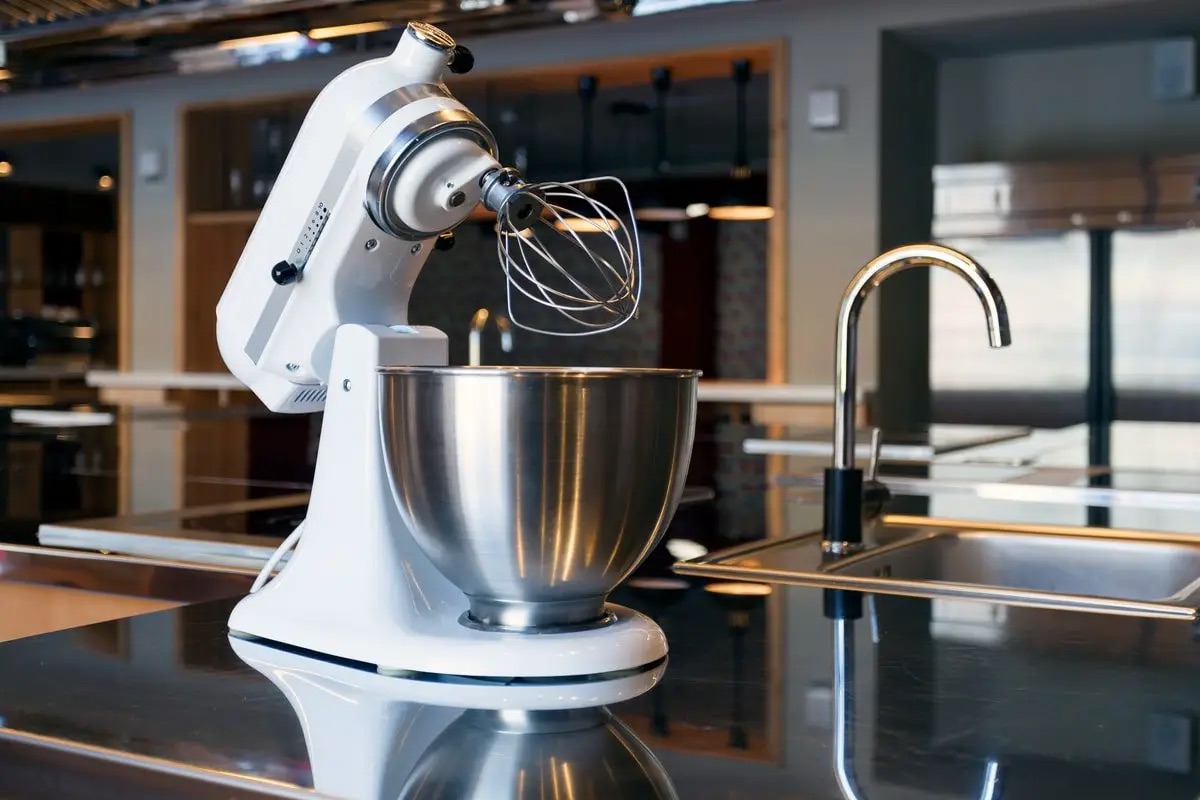
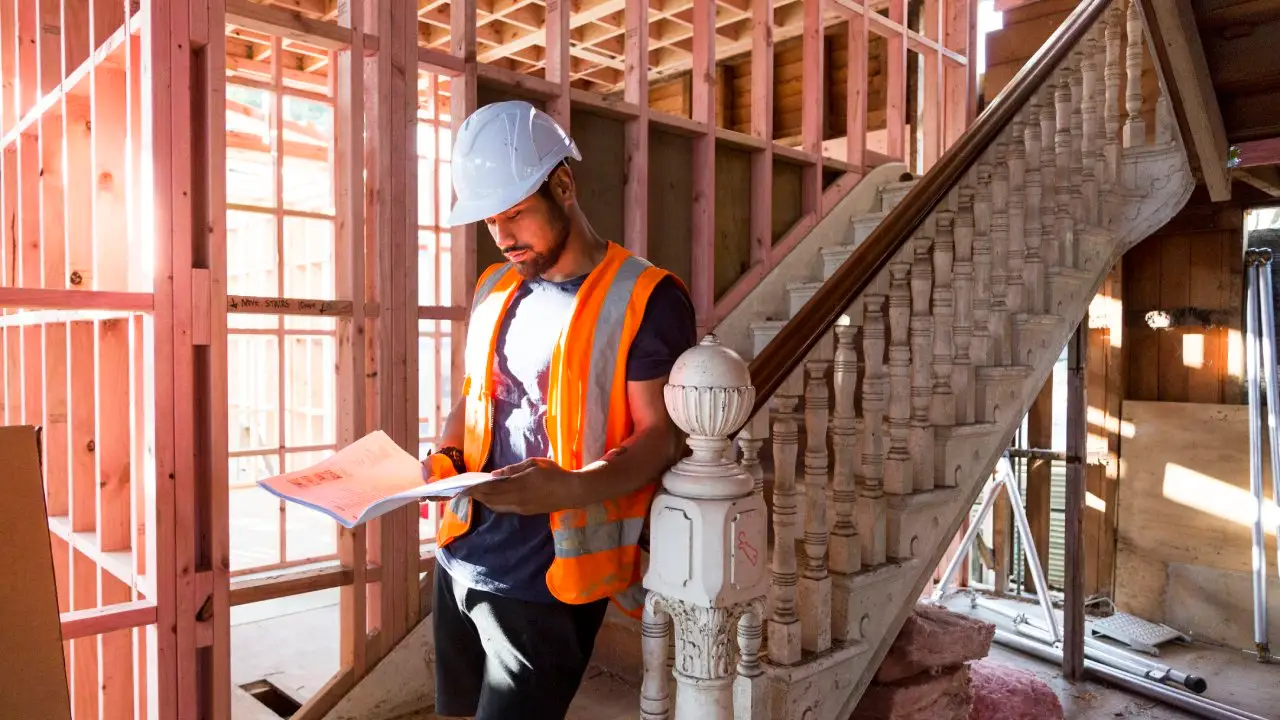

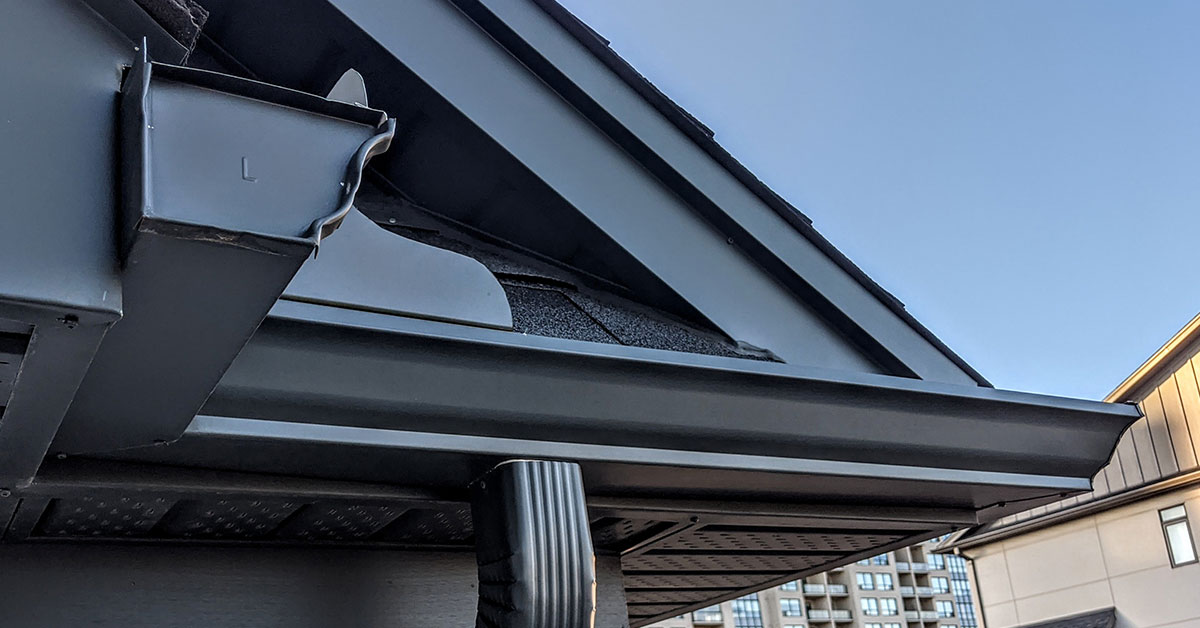

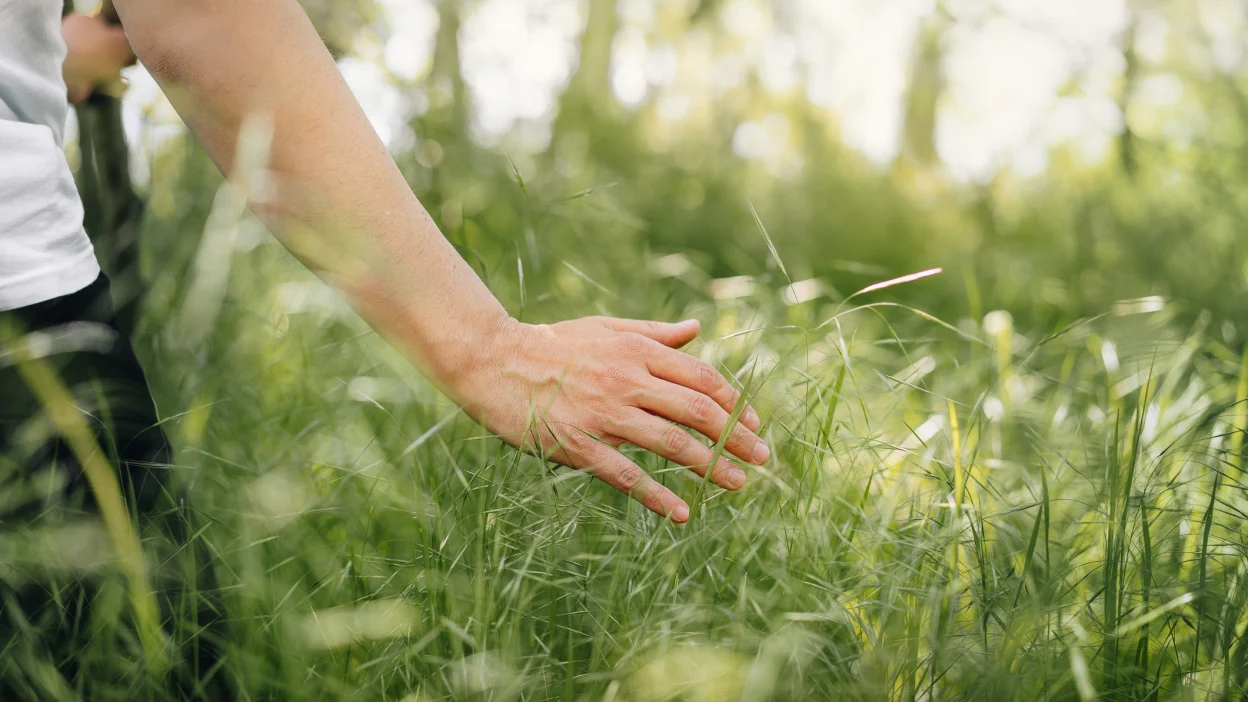
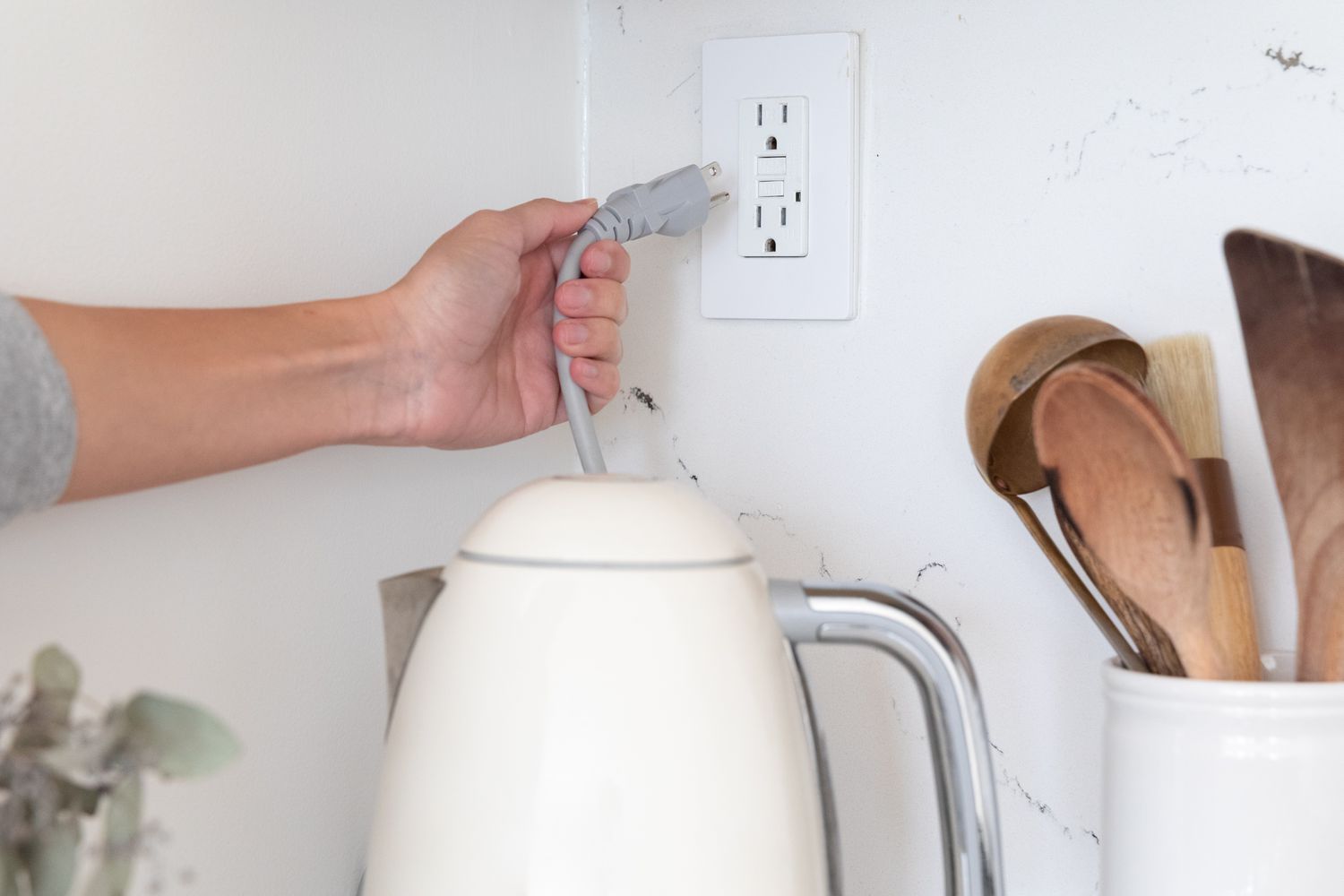
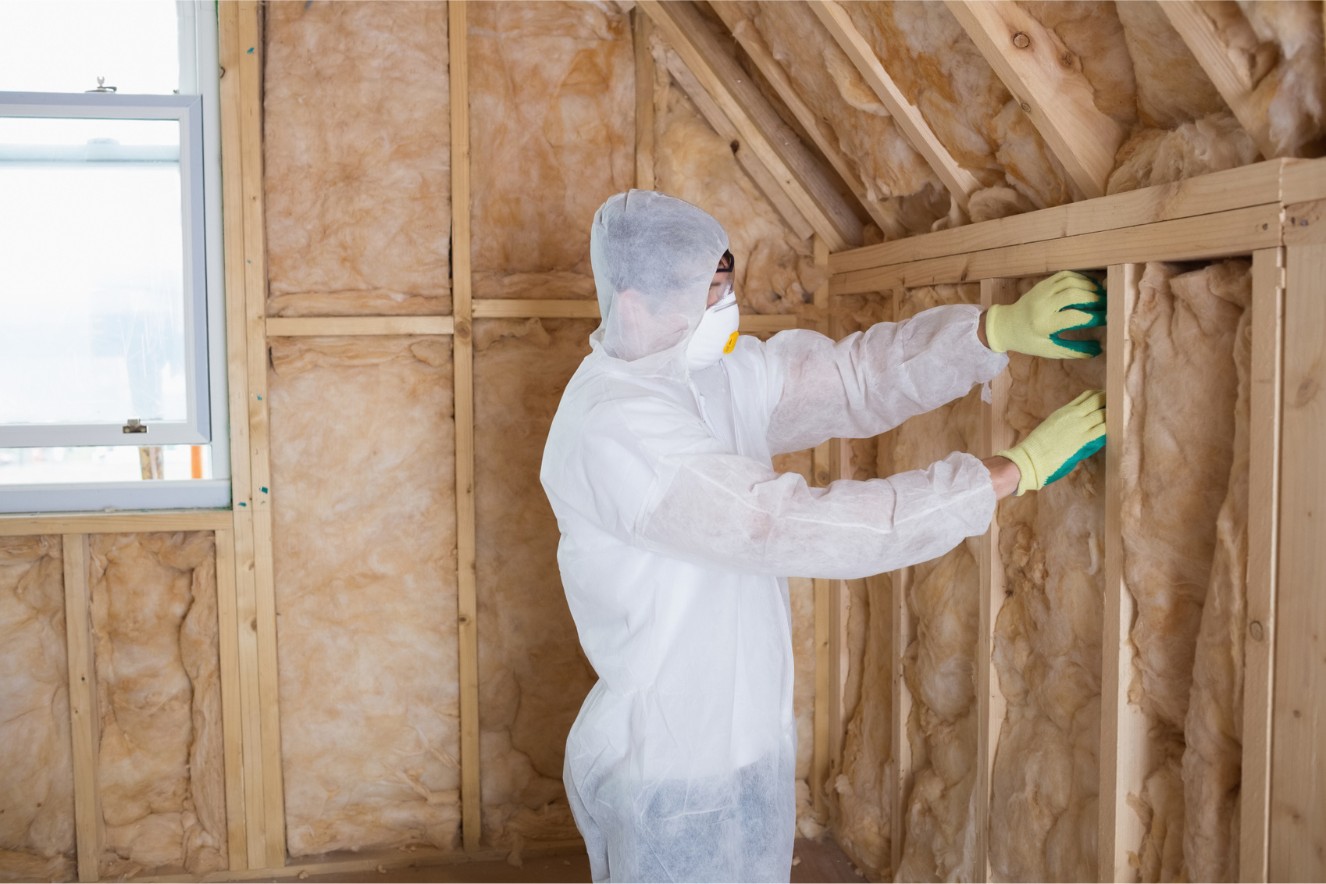
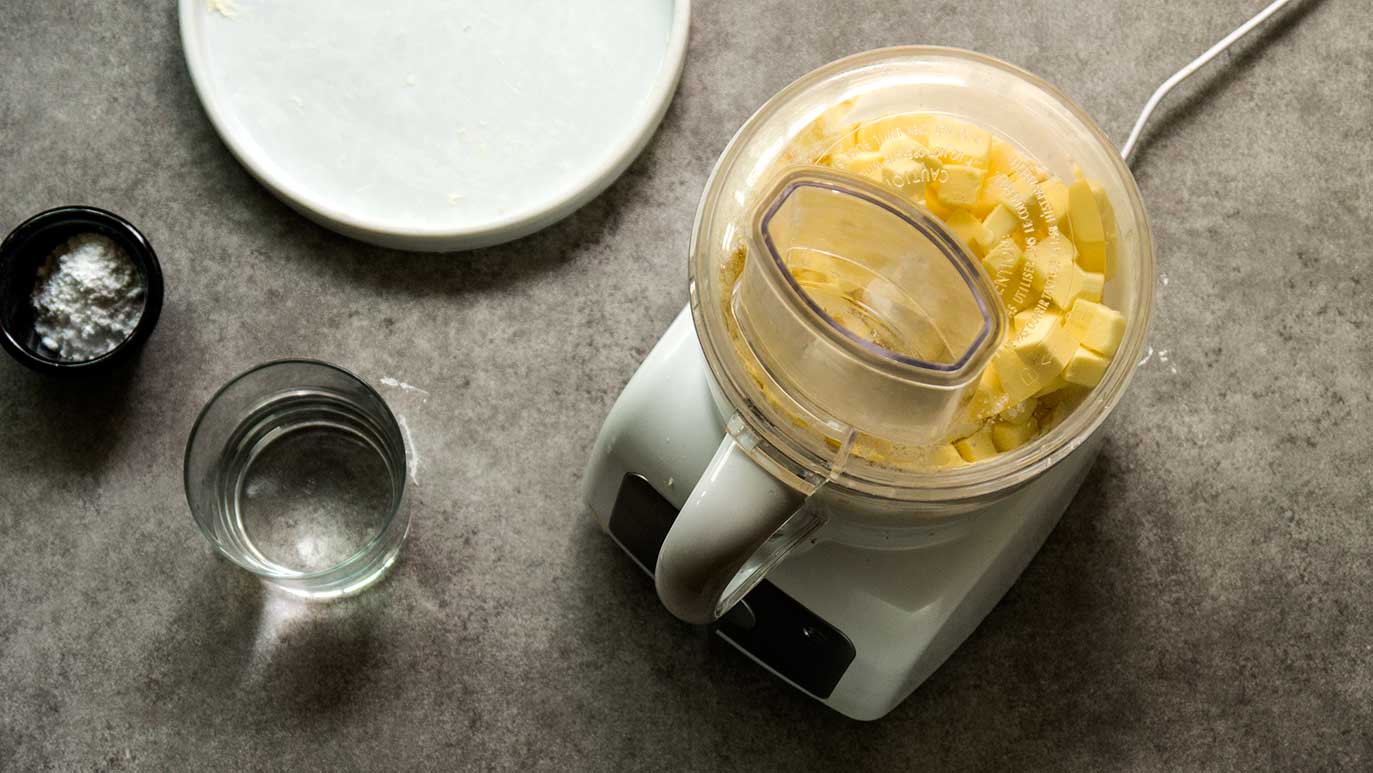


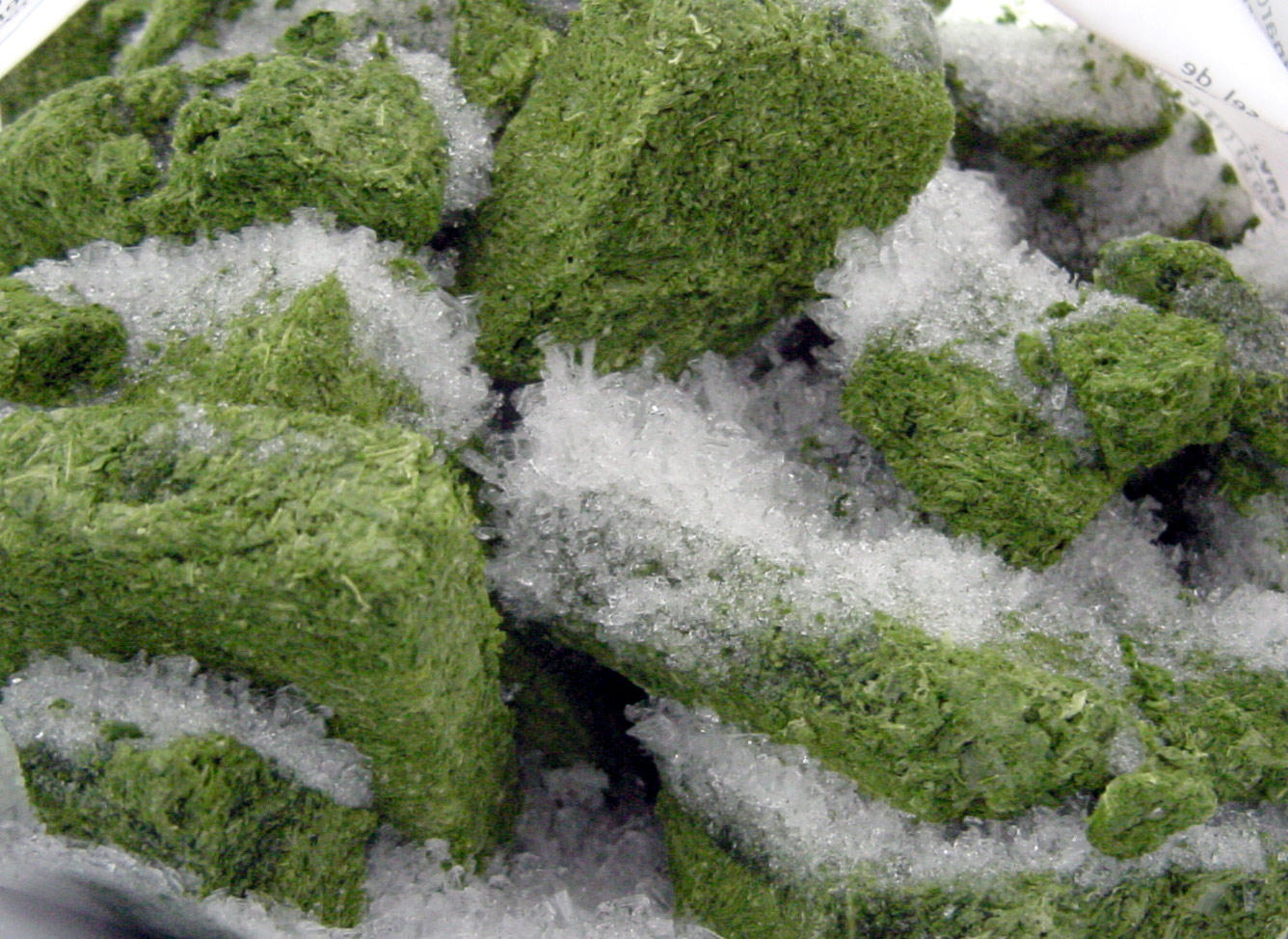
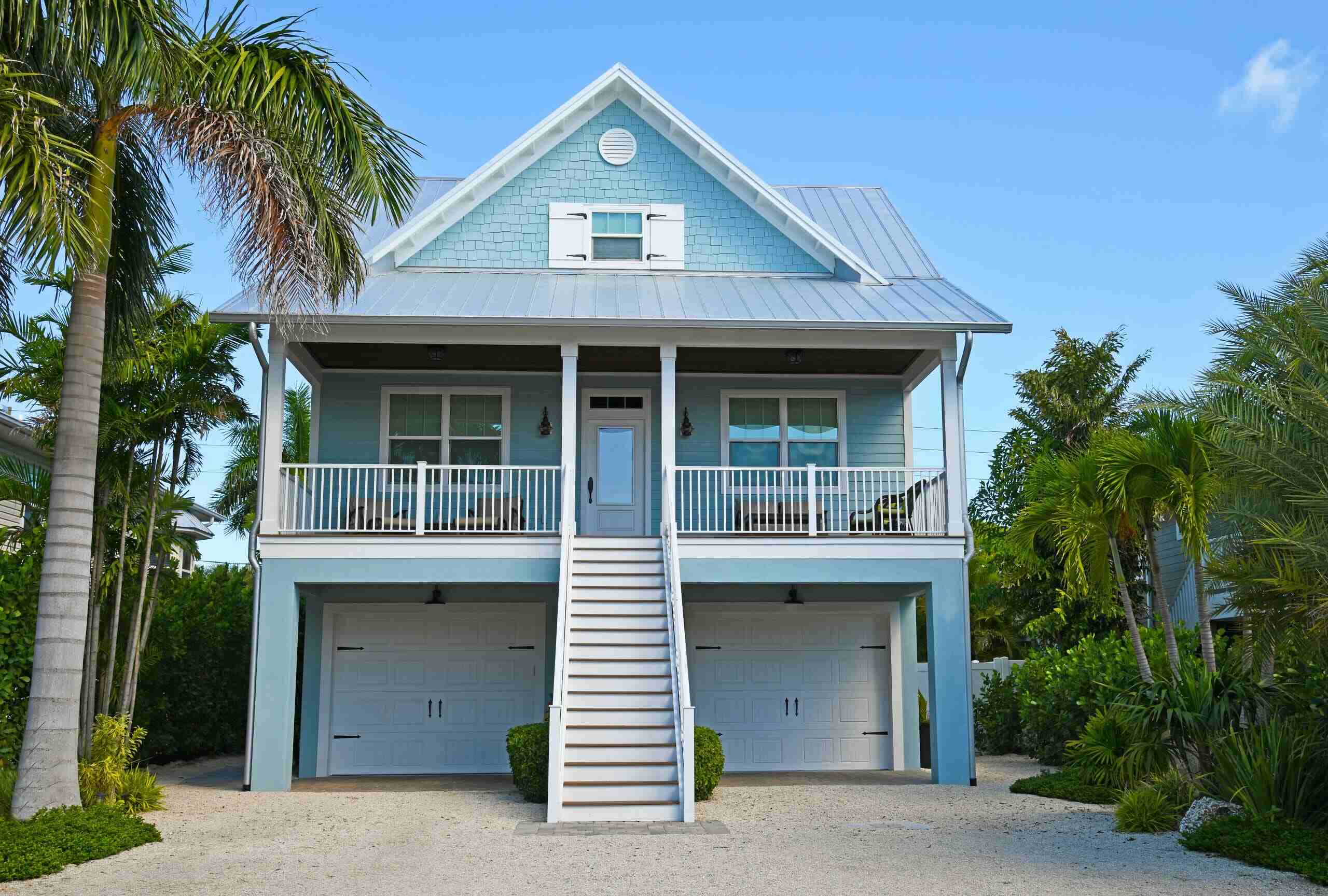

0 thoughts on “What Happens If You Don’t Have Gutters”